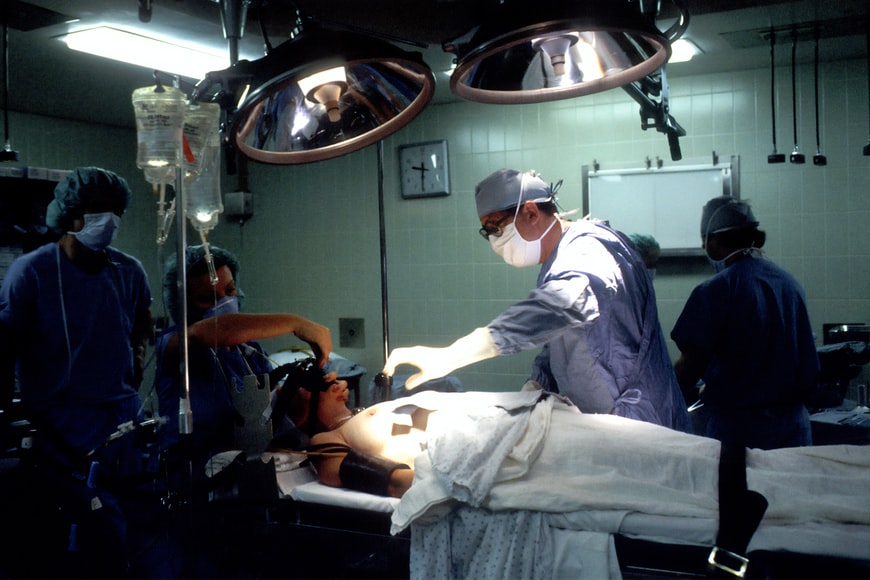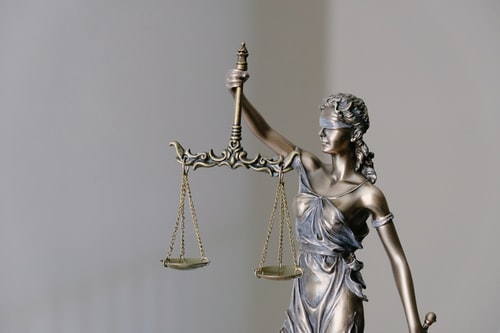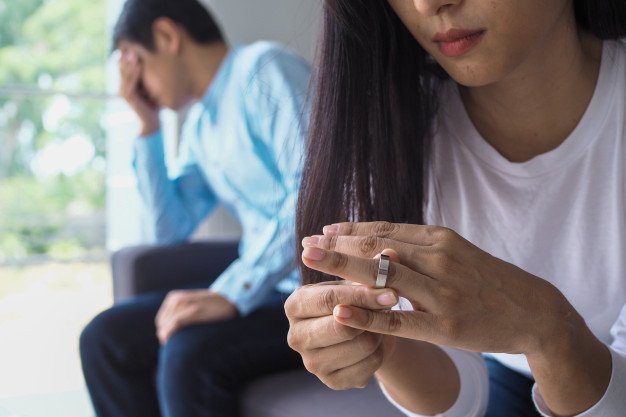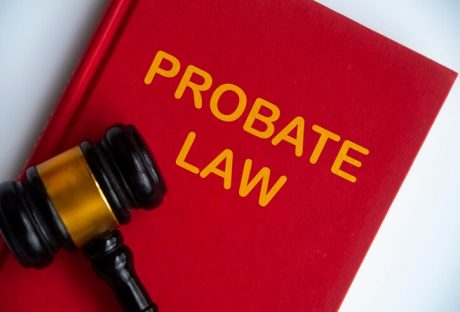There is a certain standard of care expected when a medical professional is tending to your ailments – but what happens when that standard is not met or completely strayed from, resulting in further personal injury or harm?
Medical malpractice is often cited as one of the top causes of death in the United States and is also a situation that can be nuanced and require much work to garner a positive outcome for those who are victim to it. Knowing what this term entails and how it applies to your situation – as well as enlisting professional help – may make the journey easier.
Many people make the mistake of going at it alone. In other words, they feel that getting to the bottom of a medical malpractice lawsuit can be a simple DIY exercise. Not quite. If you are not working with top legal experts that have extensive experience in taking million-dollar medical institutions to court, you are not going to get the compensation you are looking for. Make sure to work with the Law Offices of William F. Underwood, III, P.C. if you are looking for a trained and qualified attorney that can help you with your medical negligence case.
What is medical malpractice, and have I been a victim of it?
The basic definition of medical malpractice is when a medical or health care professional deviates from the professional standards of care, thus providing inadequate care for the patient. Standard of care is a legal term seen as the proper amount of care given among similarly qualified practitioners under the same or similar circumstances.
Breach of this care must be proven in medical malpractice and can be seen in various forms such as:
- Misdiagnosis or failure to diagnose
- Errors in prescribing drugs
- Misreading of lab results
- Intentional harm
- Injuries resulting from negligence
- Lack of follow-up care
What should you do when you suspect you may have a case?
An important part of filing a medical malpractice claim is gathering evidence in order to prove the medical professional’s breach of standard care was the direct cause of your injuries. This evidence can come in the form of witness testimony, establishing the doctor-patient relationship, proof of damages caused by the injury, and proof of how the practitioner’s actions were the cause of harm.
Request medical records from your provider, begin to keep notes on your health and any incidents or outcomes related to your injury and contact an established medical malpractice lawyer to help navigate things.
Understanding your case and how to move forward
The process of medical malpractice can be complex, so you’ll want a professional on your side.
A lawyer who specializes in this can review all aspects of your case to determine if it’s actionable and take the proper steps to ensure all paperwork and evidence are readily available to file a claim within your state’s statutes of limitation.
Each state handles and defines medical malpractice differently, so having someone who is well-versed in it on your side is an advantage. When the breach of standard care occurs and is documented, you can file for damages such as medical expenses, pain, and suffering, emotional distress, or loss of wages, to name a few. A lawyer will help determine the best course of action for you.
According to a 2020 Journal of the American Medical Association study, approximately 2% of those suffering from medical malpractice file claims for compensation- and even fewer receive the compensation they deserve. Understanding the why and the how of medical malpractice is the first step to healing and setting things right when you’ve been wronged.
Don’t forget to go through our exclusive discussion on medical malpractice problems in Miami.
Read Also:
























